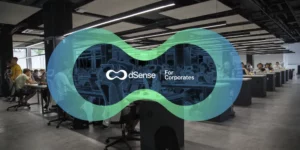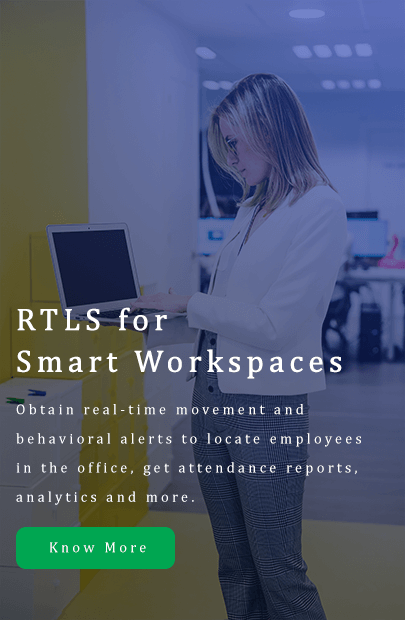The demand for location intelligence solutions is growing across the healthcare sector. The technology is progressing rapidly and one of its many benefits for healthcare facilities is the refinement of their services. The technology has scaled the opportunities of medical management and has taken the industry to its next stage of innovation.
As the online reports suggest, the global location intelligence market is expected to witness higher adoption rates and reach around US$ 28.9 Billion by 2027.
As more health organizations begin to invest in this state-of-the-art technology, there is a definite change visible in the scope of healthcare services. Read below to learn more about the application of location intelligence in the health industry.
Location Intelligence for Flawless Planning
#Streamlining resource allocation
Efficient budget allocation is the key to running a successful facility. Identifying areas that require resources and building a system to reduce resource wastage is essential for the health sector to improve its operations and earn better revenues. Using location intelligence to regulate the usage of perishable resources, including medicines and blood resources, is a smart way to optimize operations. The technology allows hospitals to combine patient information with additional data (lifestyle data and surveys) and allocate only the required resources and ensure cost-efficiency in the process.
#Efficient emergency management
Using location technology for effective emergency services can help save countless lives. An efficient ambulance dispatch is the first thing to provide in a critical emergency. The location intelligence technology can be utilized to quantify drive times and ensure smooth dispatch by looking out for potential outcomes.
#Predicting healthcare requirements
Having a solution to predict future healthcare requirements will help the sector to refine its service offerings. With location intelligence, the healthcare experts can focus on a specific region and predict its residents’ future health requirements. In addition to perfecting the system, this type of process will help the industry to make its services accessible to many.
#Smart expansions and deployments
The integration of location intelligence technology has helped the healthcare sector to venture into new expansion possibilities. With location analytics, hospitals, clinics, and pharmacies can expand into demanding locations and even optimize their logistics networks. By analyzing the footfall data of any specific area, the organization can choose the best location in the market.
Transforming Healthcare Facilities with Location Technology
The introduction of location intelligence solutions has opened up new opportunities for the healthcare industry. The technology has enabled the optimization of various operations and practices and scaled the quality of the healthcare sector. These are some of the key areas where location-based solutions have significantly helped healthcare providers.
#Efficient operations
The location technology offers complete transparency into the healthcare operations by providing real-time location data of resources and assets. With location intelligence, the healthcare team can know the accurate location of physicians and this will help in facilitating swift emergency care. With insights into location data of resources, the hospital management can adopt the best practices to refine their service offerings.
#Better healthcare accessibility
Region-specific location data of physicians will help people to find out the best professionals to treat their specific healthcare needs. This information coupled with patient reviews and comments will help people get a clear idea of healthcare professionals in their area. Doctors, in turn, can use location-based data to explore the demands in any given area.
#RTLS tags for resource tracking
RTLS tags are increasingly used in many healthcare facilities to ensure real-time tracking of resources in motion. This is especially useful for multi-specialty hospitals with countless assets, where keeping an eye on them may seem like an impossible task. With RTLS tags, hospitals and clinics can keep tabs on their equipment and all of their assets.
With proper investment, the technology can be refined to revolutionize the health sector. The possibilities this innovative technology can offer the sector are endless and with smart applications, we will hopefully be able to redefine the healthcare industry.






